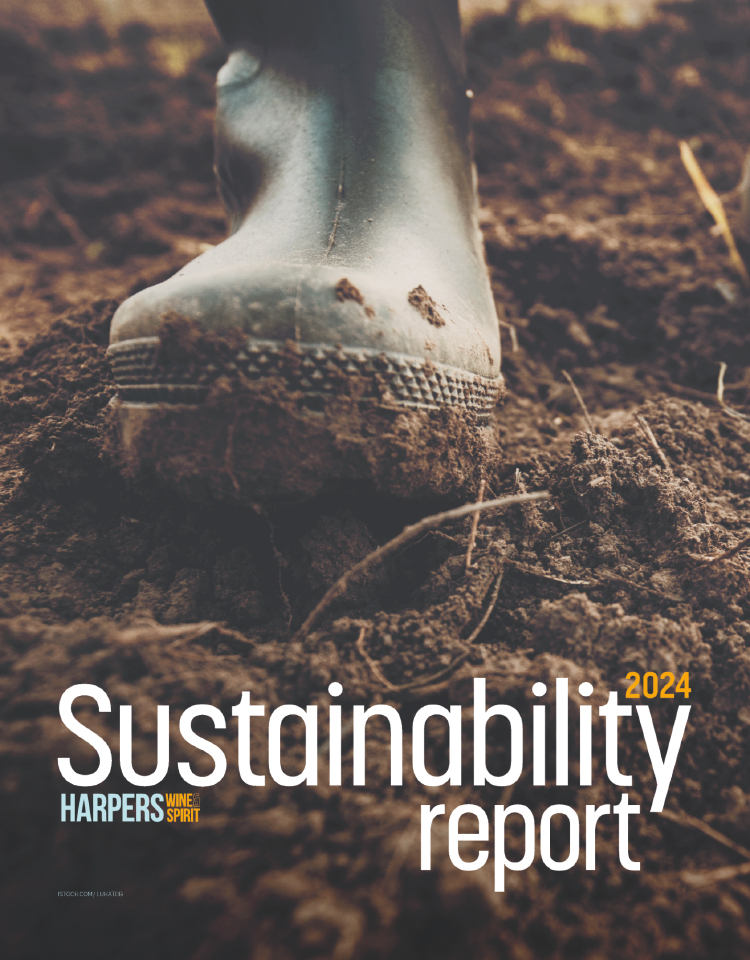
Debate over role and relevance of wine bloggers continues as trade figures take sides
What role and relevance bloggers have on the wine trade has become a major debating issue on Harpers.co.uk and on social media following recent articles questioning their value from leading wine commentators.
Dr Damien Wilson, of the Burgundy School of Wine and Spirits Business, is the latest to create a storm following his comments on Harpers.co.uk this week that bloggers risk becoming an endangered species unless they identify what value they are bringing to the trade and wine producers in particular.
This follows a presentation by PR consultant, Louise Hurren, at this month's DWCC where she said bloggers risked becoming "dinosaurs" unless they became more professional and identified what value they offered wineries from whom they wanted to visit.
At the heart of Wilson's argument is the realisation by an increasingly number of wine producers that inviting and investing in blogger trips to visit their wineries is not always the most efficient use of their marketing spend.
He wrote: "The relationship began changing in recent years as wine bloggers proliferated, and wine businesses began querying the blogger's value. Word started circulating on whether the publicity created by wine bloggers was worth the cost that wineries were paying."
In his article he also quoted Réka Haros of the Sfriso winery in Italy who also questioned the role of wine bloggers, as saying: "If I invite a blogger to my winery, and after I have paid for all of the costs the blogger still thinks I am not worth a mention, it is his/her right to do so. It is also obvious that I, the producer, will never again pay a cent for his/her freedom to not write. I am sure they can still find something positive and interesting to write about, even if much of the experience was indifferent."
The article has created a number of responses on Harpers.co.uk. David Honig argued "good writers will get a readership" in the future but "to keep it they have to be credible and guaranteeing a quid pro quo for every trip or meal is not the way to get there".
He added: "If a PR person or winery invites a writer, they are offering education not a deal. It is their job, once the writer is there, to tell a story someone wants to write."
Richard Mark James of Winewriting.com argued very few bloggers were making any money and that whilst he understood why producers would want to see copy as a result of a trip it was also "winging arrogance" if they did not think they were getting "good value" out of "pampered bloggers".
So, for him, it is a two-way street where wineries need to "put their hands in their pockets" to help bloggers make it worthwhile carrying on what they are doing.
Sarah Abbott MW stressed simply sponsoring a bloggers trip "is not to buy guaranteed and immediate content". But equally "wine communicators are part of the sales cycle of wine".
Gerhild Magerl said it simply came down to "old fashioned manners" and that it should always be possible to find something positive to say about a trip to a winery and those that can't are "probably narrow minded, rude, ignorant, arrogant, or maybe not capable of writing an interesting story".
Wayne Young questioned the motives of bloggers who might go on a trip but have no real intention of writing about it. "Why would a blogger with no interest in Port accept any invitation to visit the Douro?" he asked.
Robin Kick said that providing a bloggers intentions are "noble" then "they have the choice to withhold an article if they feel that publishing a negative one could lead to undesired issues".
In reply Dr Wilson posted: "T he two parties to this model just have to find ways to work together, effectively. Both sides just need to respect the role of, and objectivity of the other. If they spend more time working together effectively, we'll end up growing the wine market because we'll provide great wines, which are communicated to an audience that values and desires these wines. That's what we all want."
You can keep up to date here on the debate at Harpers.co.uk.






